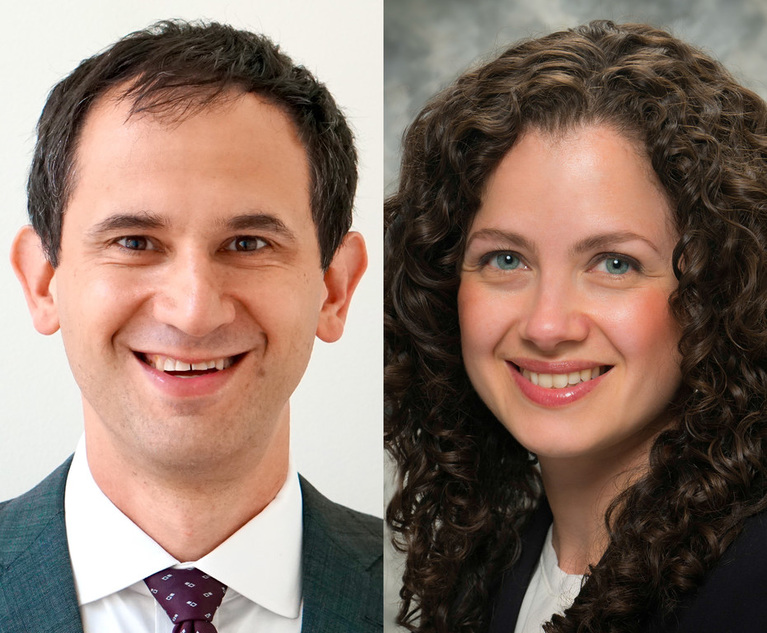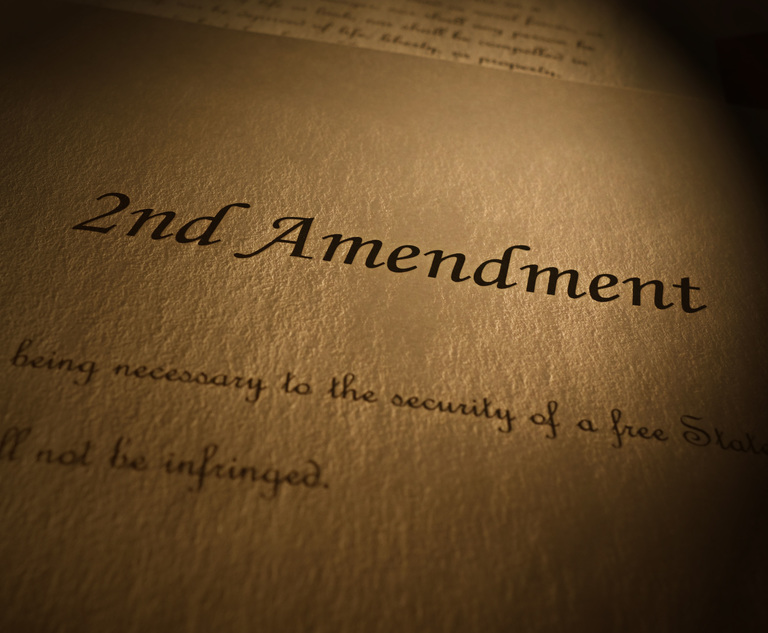A major case from North Carolina now before the U.S. Supreme Court has grave implications for voting rights in Pennsylvania and nationwide. Moore v. Harper, Case No. 21-1271, asks the court to jettison over a century of precedent by adopting the “independent state legislature” theory.
This theory is based on a literal reading of the elections clause in Article I, Section 4 of the U.S. Constitution, which says, “the times, places and manner of holding elections for senators and representatives, shall be prescribed in each state by the Legislature thereof.” Similarly, the electors clause of Article II, Section 2 says that members of the Electoral College shall be appointed by each state “in such manner as the Legislature thereof may direct.” According to proponents of the independent state legislature theory, the term “Legislature” in these two clauses grants state senates and houses exclusive and unreviewable authority over the conduct of federal elections—without checks from state constitutions, state courts, and perhaps even governors.
This content has been archived. It is available through our partners, LexisNexis® and Bloomberg Law.
To view this content, please continue to their sites.
Not a Lexis Subscriber?
Subscribe Now
Not a Bloomberg Law Subscriber?
Subscribe Now
LexisNexis® and Bloomberg Law are third party online distributors of the broad collection of current and archived versions of ALM's legal news publications. LexisNexis® and Bloomberg Law customers are able to access and use ALM's content, including content from the National Law Journal, The American Lawyer, Legaltech News, The New York Law Journal, and Corporate Counsel, as well as other sources of legal information.
For questions call 1-877-256-2472 or contact us at [email protected]


 Benjamin Geffen,left, and Claudia De Palma,right, of the Public Interest Law Center.Courtesy photos
Benjamin Geffen,left, and Claudia De Palma,right, of the Public Interest Law Center.Courtesy photos




